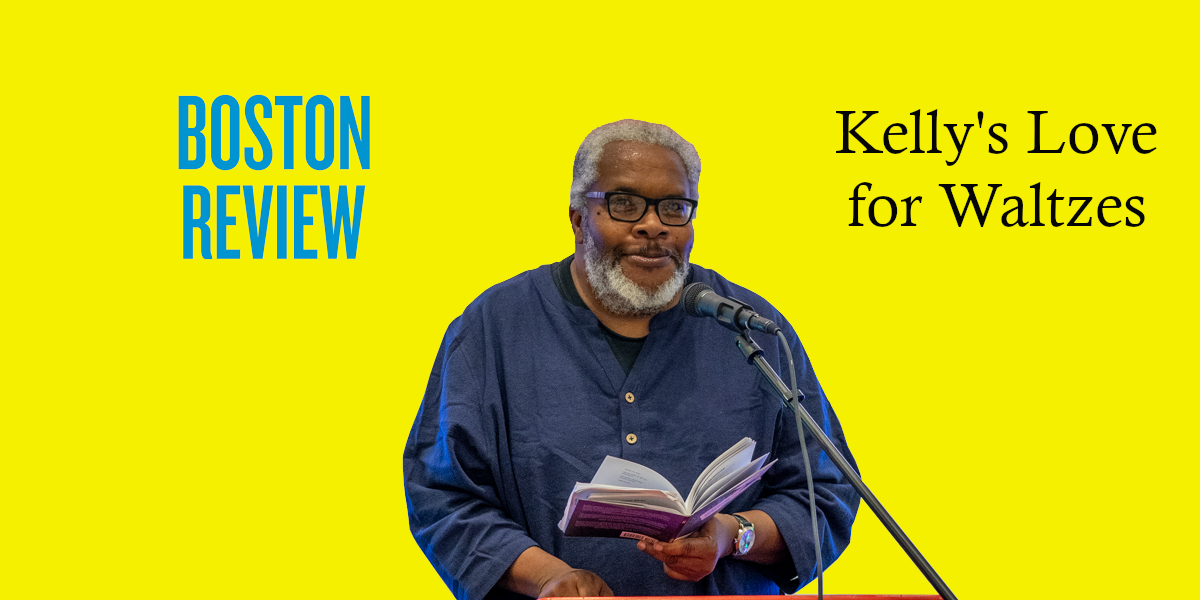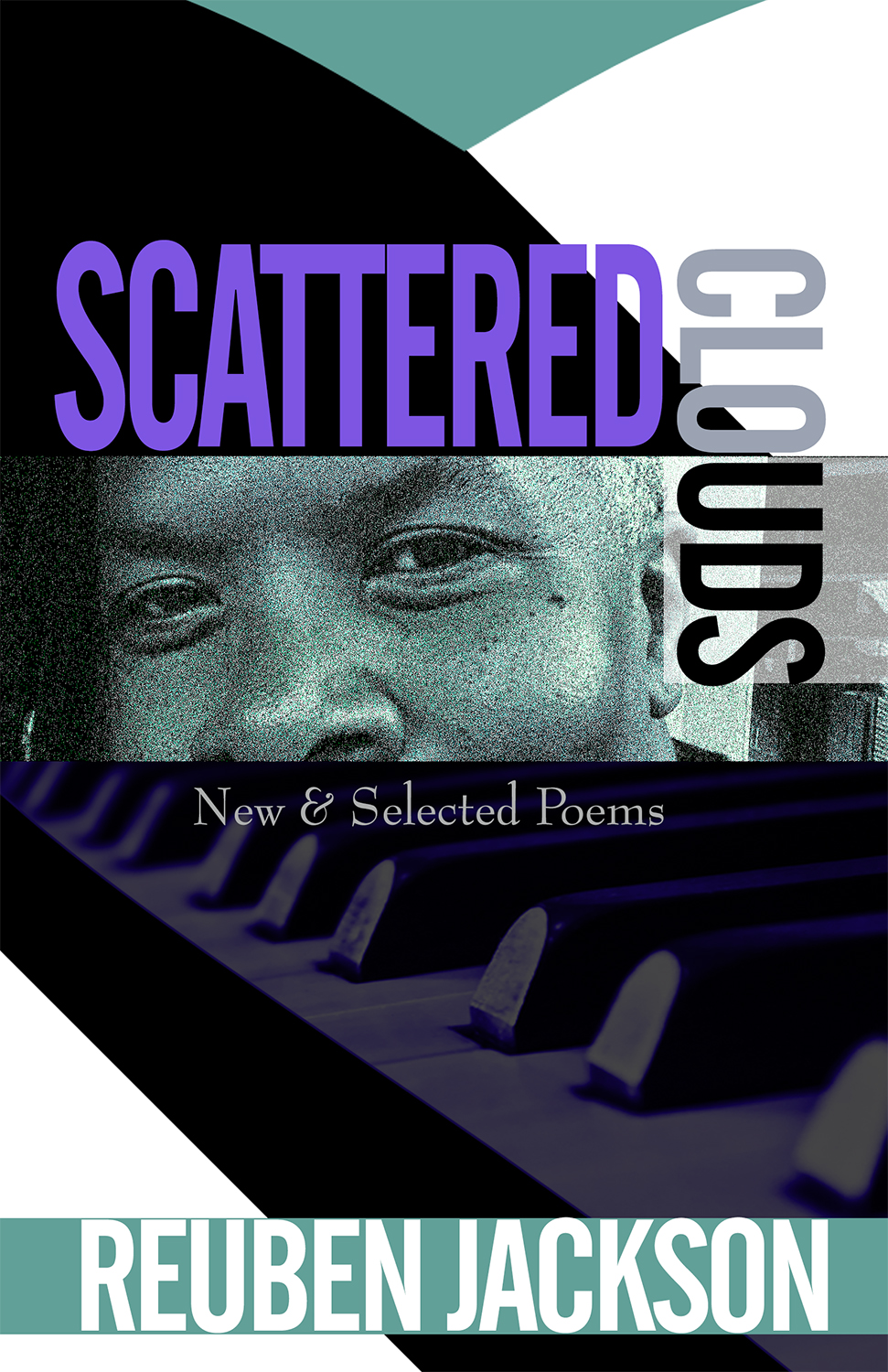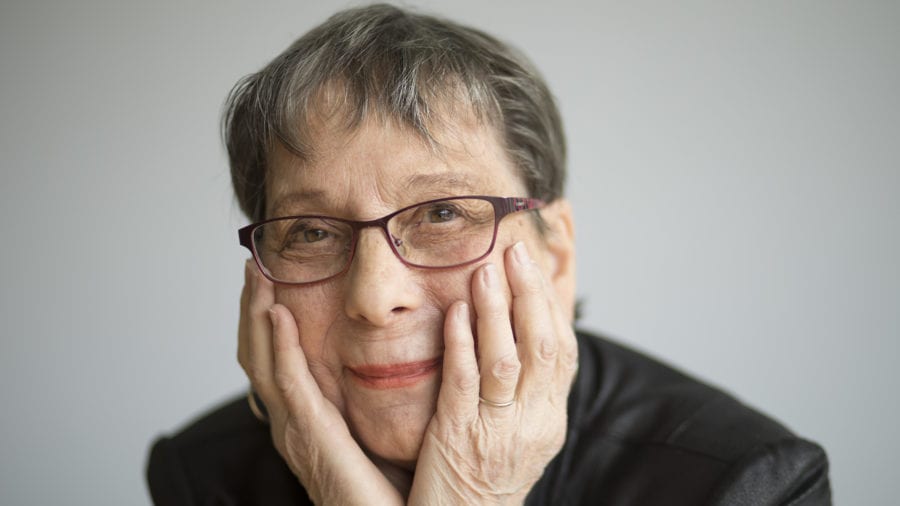Reuben Jackson Makes Banshee Press’ 2020 Best Short Readings List
Jackson's poetry cycle, "Kelly's Love for Waltzes" (published by Boston Review) is chosen by Jaydn Dewald for the year-end list.

THIS YEAR, the Irish publisher, Banshee Press, asked its editors and contributors to pick "their favourite shorter reads of the year." Poet, Jaydn Dewald, whose work has appeared in Banshee and numerous other journals, chose Reuben Jackson's poetry cycle "Kelly's Love for Waltzes" for the list. The cycle was originally published by Boston Review and includes poems that utilize a waltz-like form, each line containing three words.
In "Kelly's Love for Waltzes" Reuben, who achieved considerable recognition for his narrative-driven poetry about lovers Khadijah and Amir, showcases a new voice, that of Kelly, loud and frustrated over racial inequality. Reuben's most recent collection Scattered Clouds features a plethora of his narrative and character-based poetry, and includes of all of his Khadijah and Amir poems. You can pick that up from ASP here.
Scattered Clouds is a volume of lyrical, emotionally forthright meditations on love, loss, and longing. The volume contains the complete text of the author’s award-winning first collection, fingering the keys; his nationally lauded poem, “For Trayvon Martin”; and his suite of ruminations on a long-time and deeply missed friend, the late barbershop owner Amir Yasin, and his widow Khadijah Rollins. These poems, exploring Amir’s late-life romance with Kadijah, became a national internet sensation.
An introduction by poet Abdul Ali places Jackson in his rightful context as a Black American poetry elder, who has influenced generations of younger poets with his musical wisdom as well as his poetry. Ali is a Cave Canem alum and the author of the poetry collection, Trouble Sleeping.
Featured Audio: Rose Solari reads “The Beginning, 1939”
In “The Beginning, 1939” Rose Solari’s mastery of recitation is put to the music of her capricious mother and the frantic hopes of her father who wishes to leave “no long, tight pauses for her to fill.” I’ve written before about Rose’s use of swing and rhythmic motifs in her work, elements which are alive in this poem, but what is really mesmerizing to me about “1939” is the musical image toward the end which harbors no pretense of cramming lieder into language, but instead focuses on the very physical act of her mother playing the piano:
Mikaela Lefrak Examines the Life of Maryland Poet Laureate, Grace Cavalieri
The beloved Grace Cavalieri “contains multitudes” according to Mikaela Lefrak in her newest article from WAMU taking a look at the life and career of the 10th Poet Laureate. And Ms. Lefrak treats her subject with the due respect of a life which cannot be covered succinctly in 500 words. She delivers a reverent tourists’ view of Grace Cavalieri’s life, hitting the big things: her poetry and work ethic, the passing of her husband, Kenneth Flynn, her conversion to Buddhism, and finally her new tenure as Poet Laureate.
Listen to Grace Cavalieri on the Kojo Nnamdi Show
Grace Cavalieri’s recent stop at NPR’s The Kojo Nnamdi show is now streamable. Over a substantive 22 minutes, listen to Grace talk about poetry, inspiration, and her plans as the 10th Maryland Poet Laureate.


